Watershed Programs
Education and public outreach are important components of each watershed restoration plan. We strive to create and deliver relevant programming designed to reach as many people as possible, both on a large-scale media and individual grassroots scale.
Interested in having Root-Pike WIN present for your group? Fill out our Presentation Form!
SOUTHEASTERN WISCONSIN
CLEAN WATER NETWORK
First formed in 2008 as the Keep Our Waters Clean Network, the Southeastern Wisconsin Clean Water Network is comprised of 20 municipalities plus UW-Parkside, all holders of a municipal stormwater discharge permit from the Wisconsin Department of Natural Resources. Root-Pike WIN works with the group to meet the public outreach and education requirements of the permit. In addition to funding the Respect Our Waters campaign, the group meets quarterly to receive updates from the DNR, presentations on a variety of stormwater management practices and field visits to BMPs.
RESPECT OUR WATERS
PUBLIC OUTREACH PRogram
The Respect Our Waters campaign aims to increase awareness and understanding of the problems and promote adoption of new behaviors that will improve quality and reduce quantity of storm water runoff from existing urban areas, new developments and redevelopments to meet or exceed state and local standards. Elements of the campaign include participation in community events, targeted outreach to pollution "hotspot" areas identified in watershed restoration plans, e-newsletters, live and taped news stories and interviews, rain barrel giveaways, presentations to school groups and more.
LAKE Michigan coastal IMPROVEMENT COMMUNICATIONS
Since 2013, Root-Pike WIN has been working with the City of Racine Health Department Laboratory on outreach, communications, educational signage and volunteer recruitment for several coastal Lake Michigan restoration projects: Samuel Myers Park and North Beach of Racine, Simmons Island Park and Eichelman Park of Kenosha, and Grant Park of South Milwaukee. A Friends of Myers Park group meets regularly to discuss the progress of the project, provide a place for residents to ask questions and express their concerns, and conduct fundraising for the smaller elements of the project.




